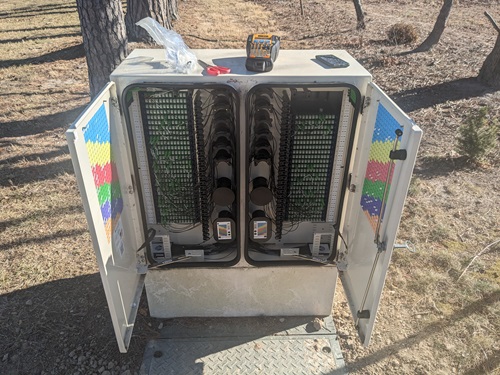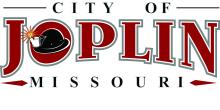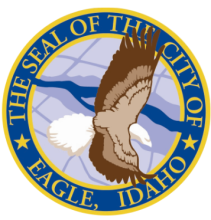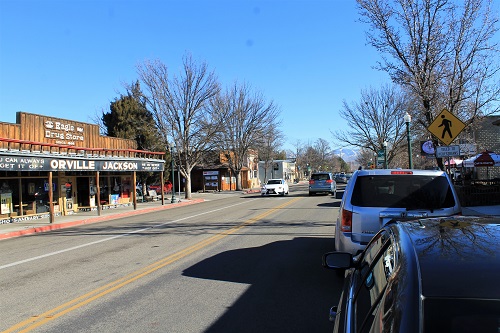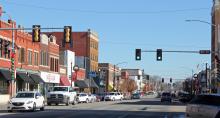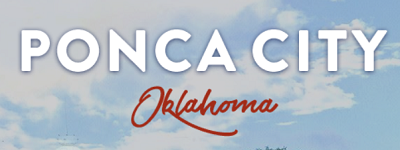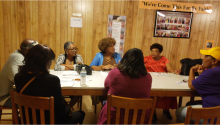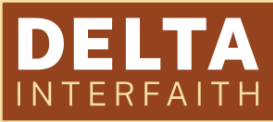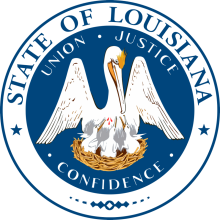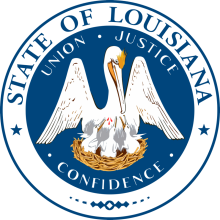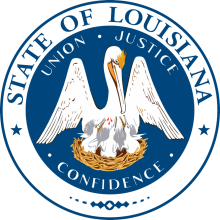FCC Rejects Broader Relief For Growing List Of RDOF Defaulters
The Federal Communications Commission (FCC) says it won’t be providing broader relief for broadband operators that have defaulted on grant awards via the agency’s messy and controversial Rural Digital Opportunity Fund (RDOF) broadband subsidy program.
According to an FCC public notice, the FCC stated it found "no demonstrated need for broad relief" from provider penalties connected to either the RDOF or Connect America Fund II (CAF II) programs. It also shot down calls for a broader amnesty program for defaulters.
“Given the flexibility available under the existing default processes…we decline to provide a blanket amnesty,” the agency’s Wireline Competition Bureau said.
In a letter to the agency last February, a broad coalition of providers and consumer organizations suggested that either reduced penalties – or some sort of amnesty program – might speed up defaults, freeing areas for upcoming broadband infrastructure bill (Broadband Equity Access And Deployment, or BEAD) subsidies.

The group was quick to point out that areas where RDOF and CAF II money has been committed are considered “served” for purposes of BEAD deployments, potentially boxing out many desperate U.S. communities from billions in potential funding.
“Many of the RDOF and CAF II awardees who cannot or will not deploy their networks are located in states with the greatest connectivity needs, like Missouri and Mississippi,” the authors wrote. “The Commission should not permit these unserved rural communities to face this type of double whammy and be left behind once again.”
But in its statement, the FCC insisted that changes to its approach aren’t necessary because, it claims, its existing processes are working.




